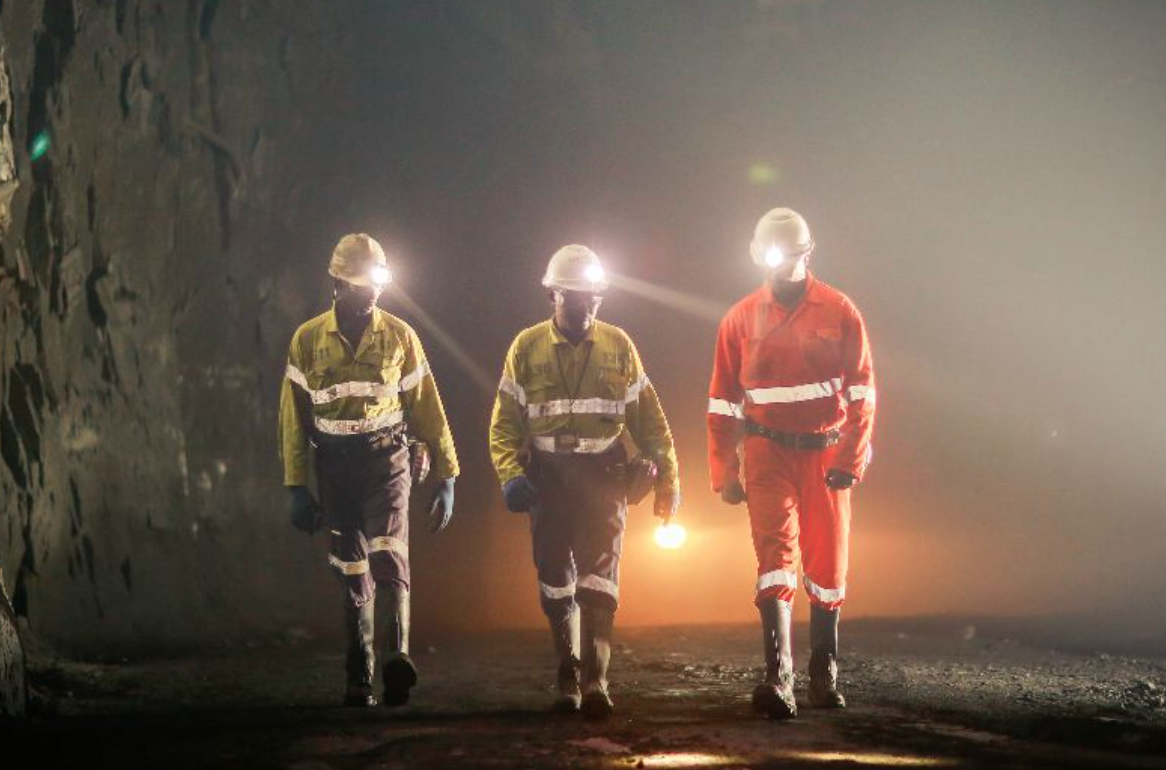Mining Safety Starts With Communication Devices

Good communication devices will help you avoid accidents in the mining industry.
If you work in the mining industry, it’s your responsibility to stay safe and be aware of dangers. Good communication devices, such as radios or personal alert systems can help make this possible.
Security personnel in the mining industry use hand signals to communicate. A signal is a special movement that lets others know what’s going on. You can use special hand signals to help avoid accidents in your mining operation. For example, if you’re operating a transport vehicle, you might point your thumb to the right to let others know you’re turning right.
Some companies require miners who work underground to wear electronic communication devices called personal alert systems (PAS). These devices work like radio beepers and can send a signal to let workers know they need to head surface.
A radio is another device that will help keep miners safe. It’s dangerous when miners work underground, where it’s hard to see each other around equipment and buildings. Radio communications allow miners to stay in contact with the surface, which reduces the risk of underground accidents.
Communication devices help to avoid accidents in mining sites. Workers from above the ground or below the surface are susceptible to fragmentation of rock and rockfall, literally raining down on them from above or blast from below. This is why cave in protection systems, such as rock bolting and cage bolting, are needed. When the ground may collapse beneath you, having a communication device that automatically alerts your colleagues to that fact can help save your life.
Fortunately enough, the mining industry has dramatically improved its safety record over the last century. The use of mining communication devices and PAS systems has become more widespread over time. It has helped reduce hazards in mining operations.
Your company should also have an emergency medical plan for accidents and injuries. Another good safety practice is to train your employees on the safe use of the equipment and how to respond to emergencies. They must also know how to use communication devices such as beepers or personal alert systems.
If you’re ever in a situation where you think someone needs help, don’t hesitate to call for assistance. The person you’re calling may be unable to hear or understand what you’re saying due to hearing loss or impaired vision. However, by using a voice transmitter or telecommunicator, you can relay your message to others and they will call for help.
In most cases, a network of beeper devices is able to recognize an emergency situation without the need for an operator to press the button. For example, miners can go underground using their handheld beepers as they descend if a mine cave-in occurs. One person on the surface can also use this as an opportunity to contact others out on foot who can assist in the rescue effort.
Usually, the beeper signals are composed of a number of different tones that tell someone exactly where on a map your location is. The signal considers the surrounding noise, which makes it easier to locate you. Beepers are also useful in areas where there is no cell phone service. The beeper devices will then work as a distress signal or sign that indicates an emergency situation.
According to many statistics, 75% of an employee’s safety depends on communication between them and their supervisors (Ryan & Laughlin, 2009). Therefore, it is important that supervisors understand how to use communication devices (beepers) and PAS systems in the mining industry. The communication devices that can be used are portable or hands-free.
First and foremost, it is important for supervisors to know that they can always contact their employees using PAS systems or other communication devices such as beepers. It is also important to be aware of the consequences of not following safety guidelines when using communications devices such as beepers and personal alert systems. If you would like to learn more about mining radios contact us today!